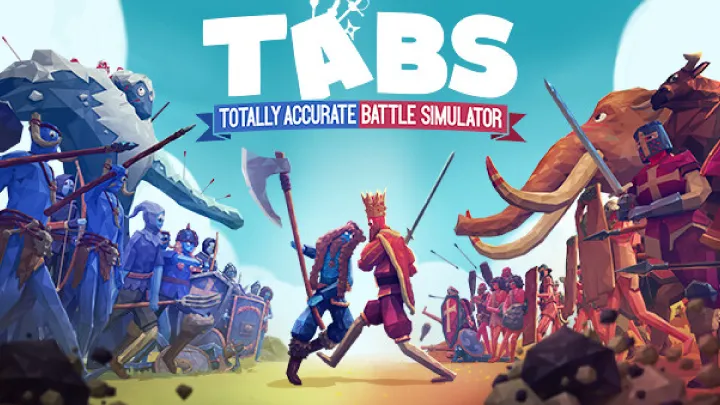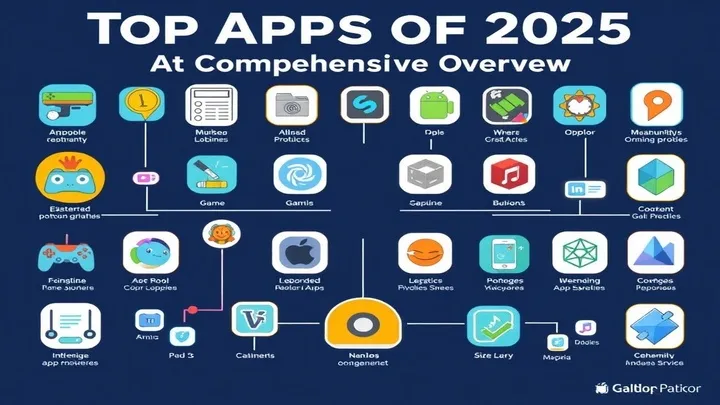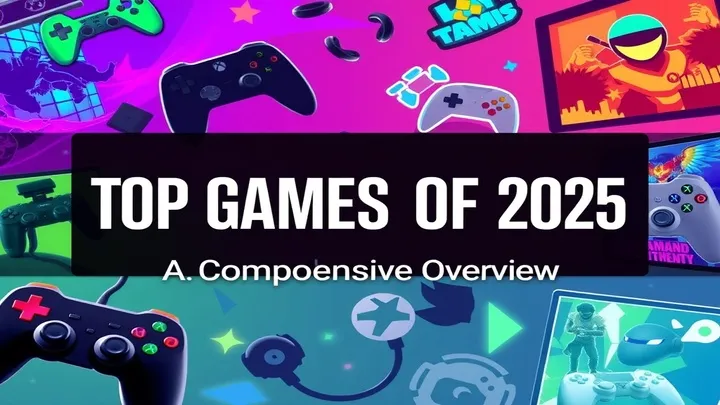Introduction
The gaming industry continues to expand worldwide, but the way players engage with their favorite titles can vary significantly by region. Nowhere is this more evident than in the contrast between Asia and North America. While mobile gaming dominates Asia, console gaming still reigns supreme in North America.
In this article, we’ll explore how cultural preferences, accessibility, and technology shape the different gaming landscapes of these two powerhouse regions, and what this means for the future of global gaming.
1. The Rise of Mobile Gaming in Asia
Asia has emerged as the global leader in mobile gaming, with countries like China, Japan, and South Korea driving the industry. Affordable smartphones, high-speed internet, and mobile-first ecosystems have made handheld gaming the norm.

Key Factors Behind Mobile Dominance:
- Accessibility: Mobile devices are more affordable than high-end consoles.
- Cultural Popularity: Games like Honor of Kings, Genshin Impact, and PUBG Mobile dominate esports and casual play.
- Social Gaming: Mobile games integrate seamlessly with social media and chat platforms, encouraging community play.
Fact: Over 65% of gamers in Asia play primarily on mobile, according to industry reports.
2. Console Loyalty in North America
In contrast, North America remains a stronghold for console gaming, particularly on platforms like PlayStation, Xbox, and Nintendo Switch. While mobile gaming is growing, consoles are viewed as the premium gaming experience.

Why Consoles Thrive in North America:
- Cultural Roots: Generations grew up with consoles like the NES, PlayStation, and Xbox.
- Blockbuster Titles: Games such as Call of Duty, Grand Theft Auto V, and The Last of Us dominate the console scene.
- Community & Streaming: Console games are often tied to Twitch and YouTube content creation, boosting visibility.
Fact: North America accounts for over 40% of global console revenue.
3. Game Genres: East vs. West Preferences
While both regions enjoy global hits, genre preferences often differ.

- Asia: RPGs, MOBAs, and mobile battle royales are the most popular. Genshin Impact, Mobile Legends, and Fate/Grand Order are top performers.
- North America: FPS, action-adventure, and sports titles dominate. Fortnite, Madden NFL, and Halo remain fan favorites.
This difference highlights how culture influences gaming trends: Asia favors strategic, community-based gameplay, while North America gravitates toward competitive, fast-paced experiences.
4. The Impact of Esports and Streaming
Esports and game streaming play a critical role in shaping trends.
- Asia: Mobile esports tournaments like PUBG Mobile Global Championship and Arena of Valor World Cup attract millions of viewers.
- North America: Console and PC-based esports such as Call of Duty League and Overwatch League remain dominant.
Live-streaming platforms (YouTube Gaming, Twitch, NimoTV) further fuel regional preferences, reinforcing the gap between mobile-heavy Asia and console-focused North America.
5. Future Trends: Convergence or Divergence?
The question remains: will mobile and console gaming converge or continue to follow different paths?
- Asia: Likely to continue pushing mobile gaming innovations, cloud gaming, and cross-platform features.
- North America: Console and PC will remain strong, but hybrid devices like the Nintendo Switch and upcoming cloud-based consoles could bridge the gap.
Ultimately, both regions influence each other—Genshin Impact succeeded globally, while Fortnite also found a huge Asian audience.
Conclusion
The battle of mobile vs. console gaming is less about competition and more about regional preferences and cultural influences. In Asia, mobile gaming thrives due to accessibility and social integration, while North America remains loyal to its console roots, valuing premium experiences and blockbuster titles.
As the industry evolves, expect a cross-pollination of trends where mobile games grow in popularity in the West and console titles gain traction in Asia. For gamers, it means one thing: more choices and richer experiences than ever before.

















